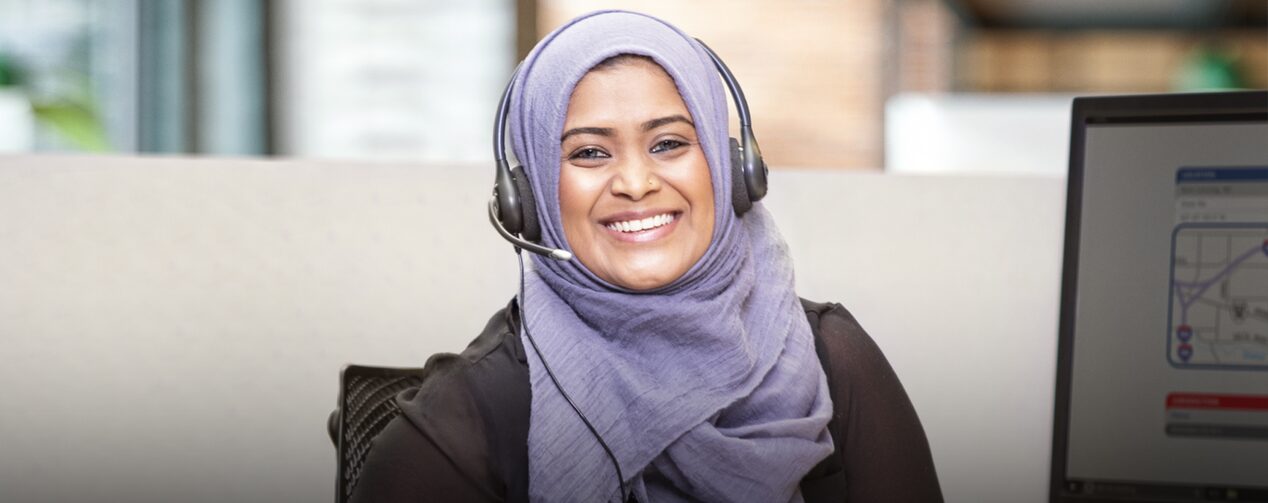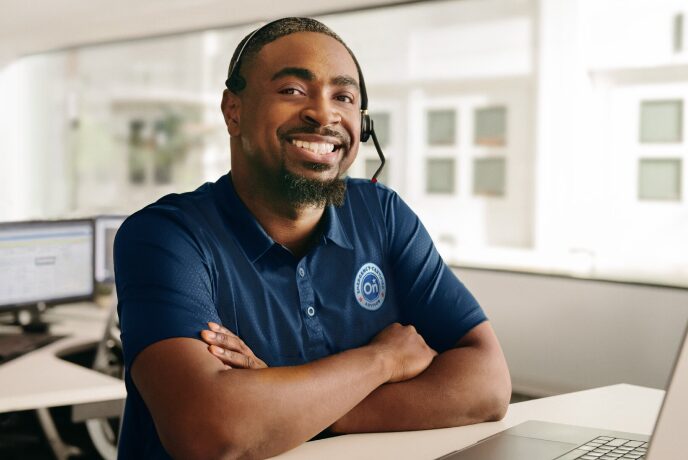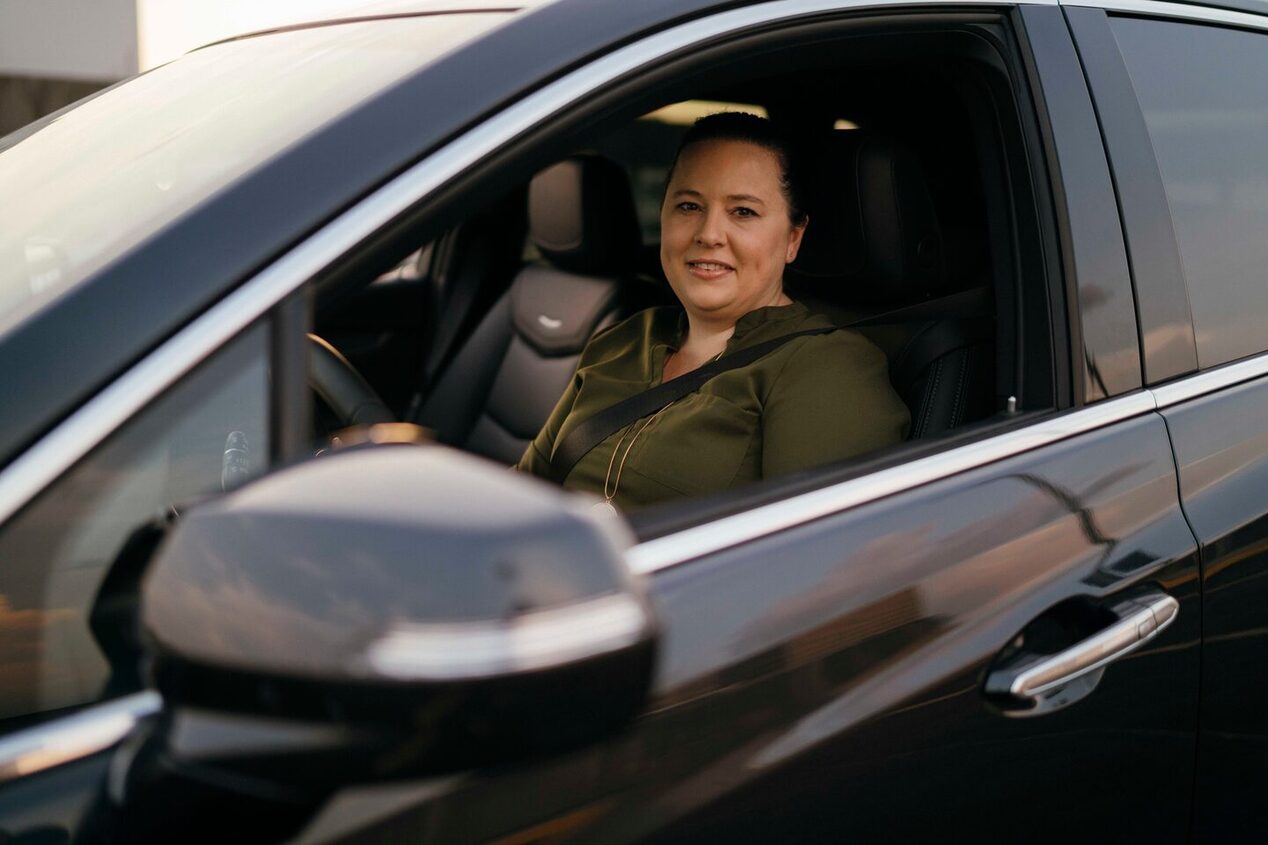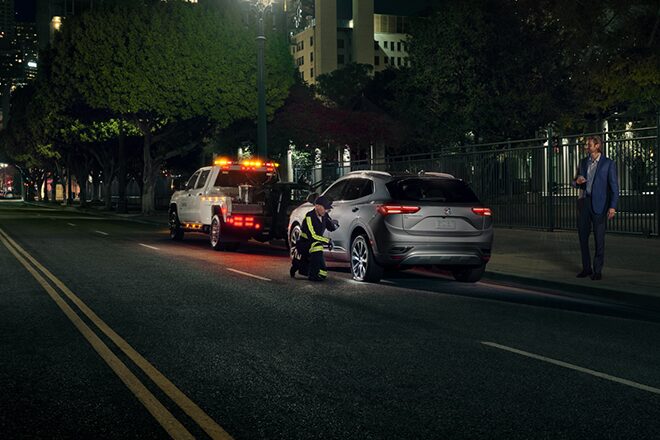OnStar technology helps Advisors know more about a crash, which can be critical in an emergency
Donna Teal was on her way home from a delicious dinner at a nearby steakhouse when a car blew through a stop sign and slammed into her vehicle.
“I was shocked, terrified and hurting,” Teal says. “When this crash happened, my purse flew onto the floor and I couldn’t get to it. But I didn’t even have time to stop bouncing from the impact and a woman was talking to me already.” It was the OnStar Emergency Advisor.
With Automatic Crash Response,
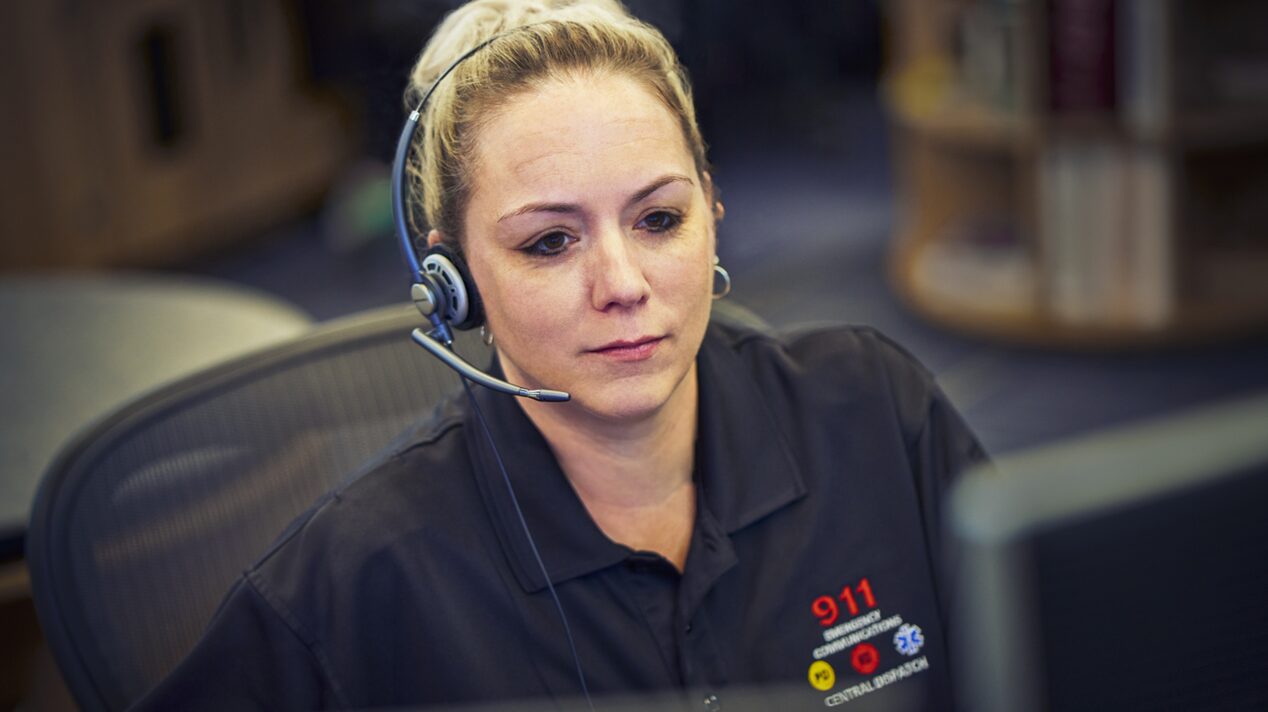
Even better, an Advisor can pinpoint where your vehicle is via GPS and relay that to First Responders so they know exactly where to go — reducing the time it takes to get you the help you need.
That’s especially important in crashes when your car might be in an area where it’s hard to see — such as sliding off the road into a wooded area, or down a slope where it’s not as visible to other drivers.
Injury Severity Prediction tells First Responders what to look for
Advisors also receive information from sensors in the vehicle about the severity of the crash and the likelihood of severe injuries. That can be crucial in identifying injuries that might not be readily apparent, like internal injuries, and in helping First Responders determine where to take the injured for treatment.
“Many patients with severe life-threatening injuries have no external evidence of such,” explains Dr. Stewart Wang of the University of Michigan International Center for Automotive Medicine. “Having accurate information sent from the vehicle allows us to identify those patients that are most at risk so we can deliver lifesaving care.”
According to Dr. Wang, tests at the Center showed the accuracy of predicting unseen severe injuries like these was more than 60%, which he says is better than even the most experienced emergency medical staff would observe.
“Right from the minute that the crash occurs, seconds after that, the telemetry already gives us that very accurate injury prediction,” he says.
OnStar Emergency Advisors also receive extensive training in Emergency Medical Dispatch so they can offer steps you can take if someone in the vehicle is bleeding or unconscious or needs immediate attention, like CPR.
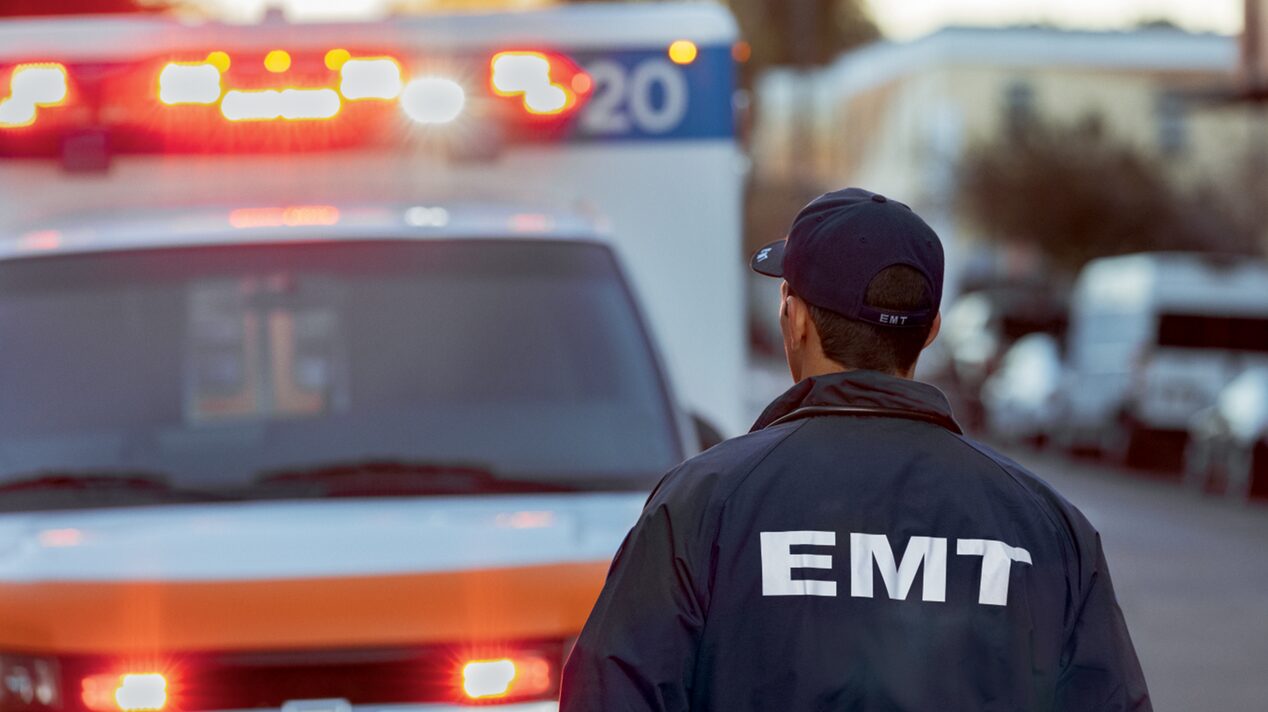
And best of all, you’re talking with another human being who can understand what you’re feeling and will stay on the line with you until help arrives. Teal says that was one of the most important parts of her experience.
“That meant the world. Somebody cared,” Teal says. “Right away she showed concern for my safety. She said, ‘We have noticed you were involved in a crash and wanted to know if you’re OK.’”
